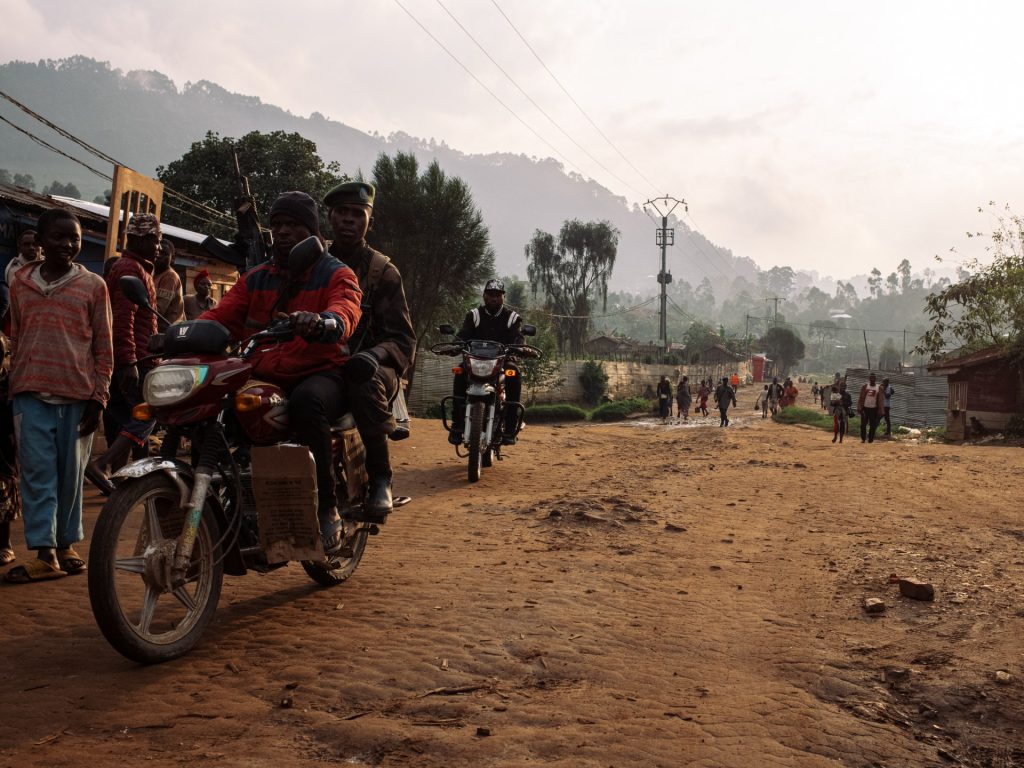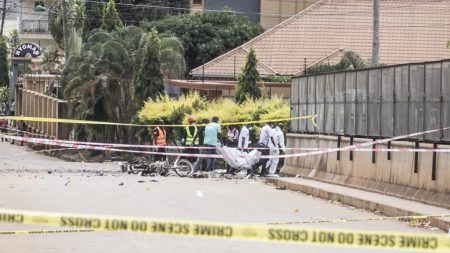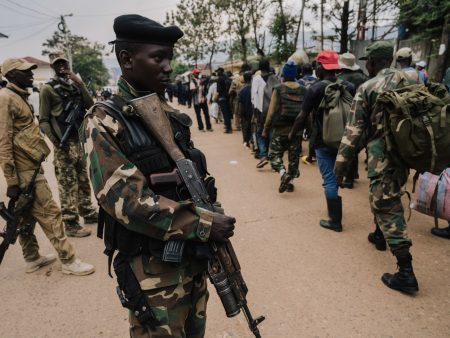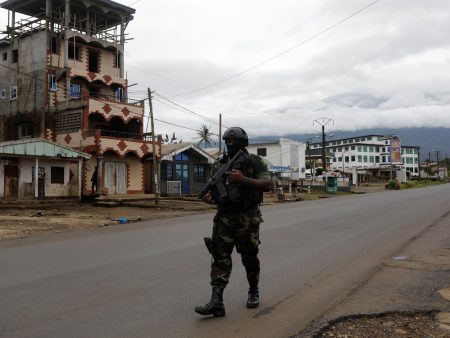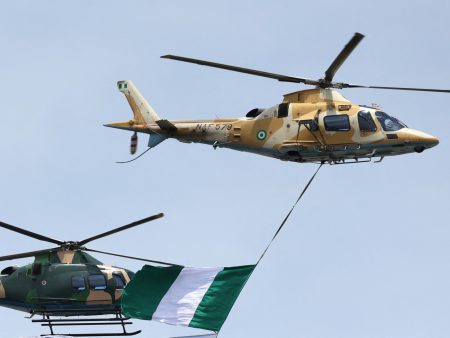The Democratic Republic of Congo (DRC), particularly its eastern provinces of North and South Kivu, is grappling with a rapidly escalating humanitarian crisis, characterized by widespread forced displacement and violence. The United Nations High Commissioner for Refugees (UNHCR) has labeled this situation as one of the “most alarming” humanitarian crises globally, with over 230,000 people displaced since the start of 2024 alone. This adds to an already staggering figure of 4.6 million internally displaced persons residing in these two provinces, a grim testament to the protracted conflict that has plagued the region for three decades. The resurgence of the M23 rebel group, designated a terrorist organization by the Congolese government, has further exacerbated the crisis, leading to widespread human rights violations and massive displacement.
The M23’s recent territorial gains, including the capture of the town of Masisi in North Kivu, have fueled the latest wave of displacement. The group’s leader, Bertrand Bisimwa, claims they are fighting a defensive war, a narrative contradicted by the escalating violence and the displacement it has caused. The fighting between the M23 and the Congolese army has intensely disrupted the lives of hundreds of thousands of civilians, forcing them to flee their homes in search of safety. The UNHCR reports that between January 1 and 6, 2024, approximately 150,000 people were displaced from Masisi and Lubero territories in North Kivu alone. This volatile situation, punctuated by brief periods of calm followed by renewed fighting, underscores the precarious nature of the security environment and the constant threat faced by the civilian population.
The escalating conflict is not confined to North Kivu. In South Kivu’s Fizi territory, the local government has issued a plea for international assistance, reporting a surge in internally displaced persons reaching 84,000. The severity of the humanitarian crisis is further underscored by reports of indiscriminate bombings, sexual violence, and the targeting of children. These egregious acts highlight the urgent need for international intervention and the protection of vulnerable populations. The widespread violence and displacement have created a dire humanitarian situation that is rapidly deteriorating. Access to these affected populations is severely hampered by insecurity, roadblocks, and the presence of armed groups, making it incredibly challenging for aid organizations to deliver crucial assistance.
The UNHCR, while ready to provide assistance as soon as access is restored, faces significant challenges in reaching those in need. The volatile security situation, coupled with logistical constraints, impedes the delivery of essential aid, including food, shelter, and medical supplies. The agency has emphasized the urgent need for increased funding to adequately respond to the escalating crisis and provide life-saving support to the displaced populations. The ongoing conflict not only disrupts the lives of individuals but also undermines the stability and development of the region.
The protracted conflict in eastern DRC is a complex interplay of factors, including political instability, ethnic tensions, competition for resources, and the presence of various armed groups. The M23’s resurgence has reignited long-standing grievances and intensified the violence, further destabilizing the region. The humanitarian consequences of this conflict are devastating, with hundreds of thousands of people forced to flee their homes, endure horrific violence, and face dire living conditions. The international community must prioritize addressing this crisis and work towards a sustainable solution that ensures the protection of civilians, promotes peace, and fosters development in the DRC.
The UNHCR’s call for increased funding underscores the urgent need for a concerted international response to the crisis in eastern DRC. The scale of displacement, the rampant violence, and the deteriorating humanitarian conditions demand immediate action. Beyond providing humanitarian assistance, the international community must also address the root causes of the conflict and support efforts to build peace and stability in the region. A comprehensive approach is crucial to alleviate the suffering of the Congolese people and prevent further escalation of this alarming crisis.




